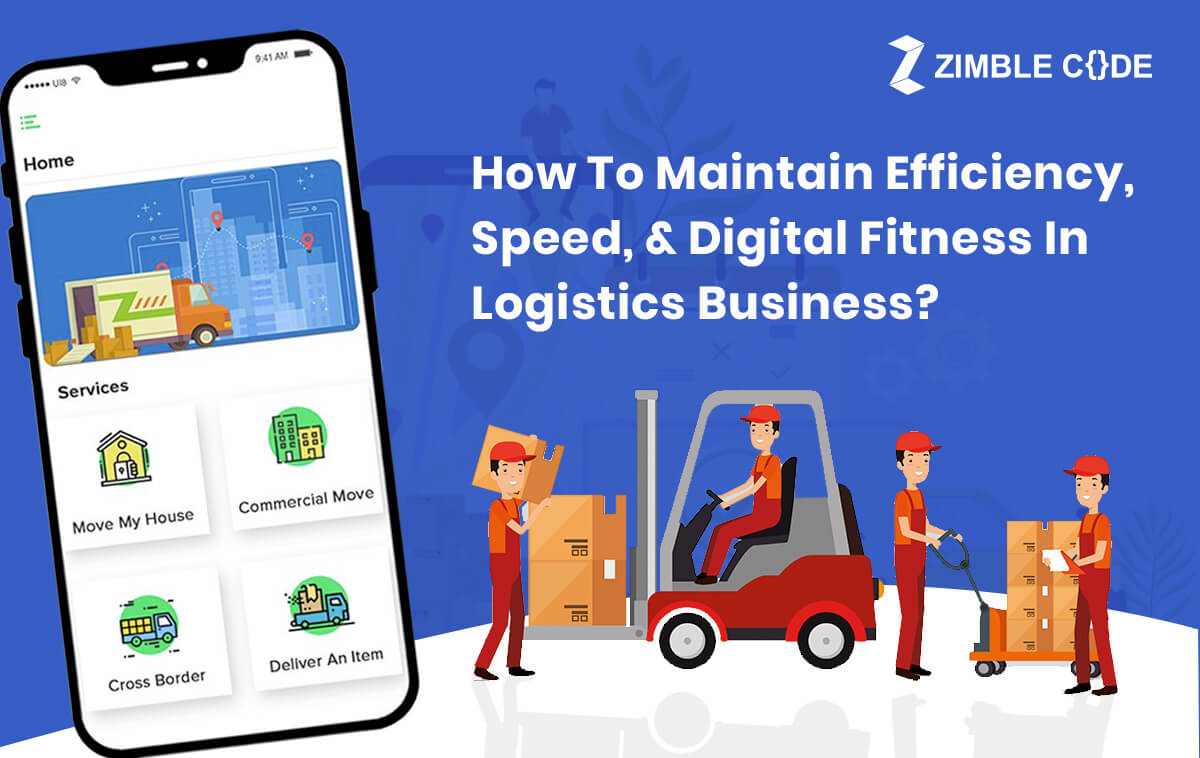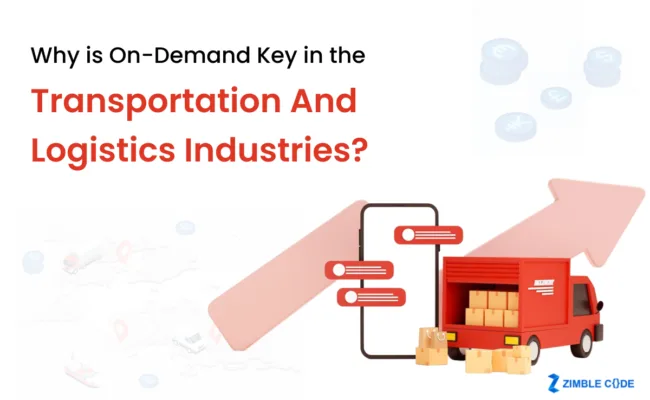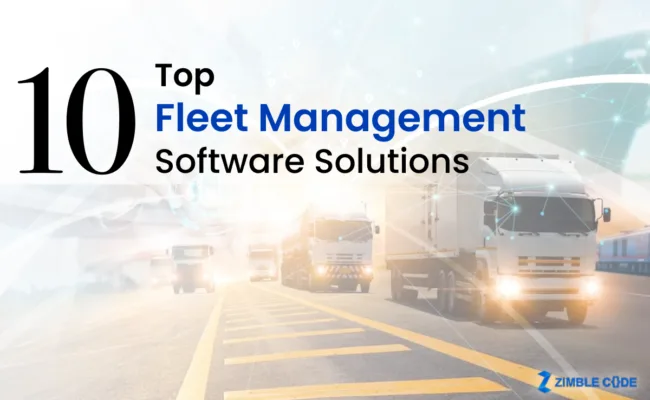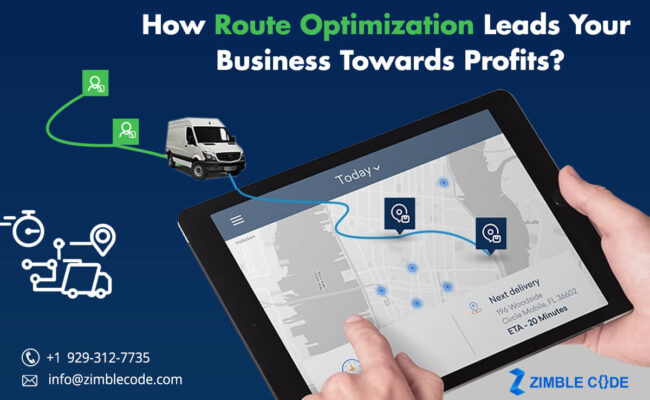Logistics companies around the world are facing an era of unprecedented change with the hold of digitisation and ever evolving customer expectations. On one hand where new technologies enable greater efficiency and more collaborative operating models are followed by some businesses by taking assistance from logistics software development companies. They’re also re-shaping in the marketplace in ways that are beginning to become apparent. What has changed? What’s all that is shaking up the sector?
The advent of on-demand services has made ‘convenience’ a new expectation for consumers. On demand logistics when addressed right not only help to streamline communication between end users, but also facilitate additional features global positioning system GPS based tracking, time scheduling and booking management in a jiffy.
On-Demand Logistics Market Research Report indicates that from $9.1 billion in 2019, a massive rise to $75.0 billion by 2030 is expected. Despite leaps and bounds success, logistic businesses especially startups are facing inefficiencies. In a last thirty years timeframe, logistics has undergone a change so tremendous that led even the established businesses to focus on advanced planning processes. Introspecting common challenges faced by logistics start-ups, there are capital investment, funds training teams in logistics, unorganized sector, strategic location of warehouse, documentation process, fleet management and so on.
Do you know 50% of the US’ largest importers rely on spreadsheets to manage their complex international supply chain? Industry experts ascribe transportation and logistics to go digital. This is why start up, shake up.
How can challenges be tackled with embracing tech solutions?
Efficiency Gains
Embracing technological systems and solutions promises substantial efficiency gains, a definite reduction in manual processes and ultimately resulting in reducing manual processes for data validation, reconciliation and reducing repetition.
Brand Enhancement
Imminent solutions that not only inculate trust in product provenance but also assure security to garner consumer confidence.
Revenue growth
Market penetration and new product/markets development.
Risk Reduction
For startups competing with established logistics firms, there is nothing like relying on tech solutions and systems. This helps mitigate risk of counterfeit products and paves way towards establishing their presence in the market.
Cost Savings
A reliable tech solution helps improve finances and credit rates by offering transparency and certainty. This leads to enormous savings for logistics firms to streamline operations.
Innovation drive
It helps them leverage innovation, increase efficiency and change the ways of working.
Some of the market leaders, naming Uber is currently the largest crowd- sharing platform for passenger transit and they are eyeing on logistics markets too. The specimens of this is the establishment of an UberCARGO van service in Hong Kong11 and UberRUSH has already been offering services. Dolly, another start-up which is headquartered the US, has been following a similar approach and helping people to get things transported within their cities by connecting them with registered drivers. This somewhere hints how important it has become to partner with a logistics software development company in New York USA .
To conclude, bearing in mind the soaring customer expectations, digital fitness would be a prerequisite for success and the winners would be those who embrace innovation and a whole range of new technologies at the earliest.








Informative article !